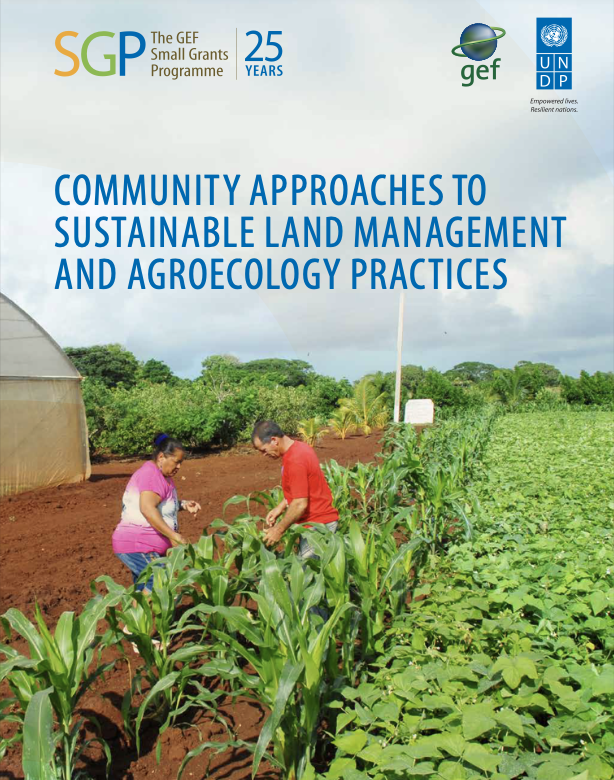Location
The United Nations Convention to Combat Desertification in Those Countries Experiencing Serious Drought and/or Desertification, Particularly in Africa (UNCCD) is a Convention to combat desertification and mitigate the effects of drought through national action programs that incorporate long-term strategies supported by international cooperation and partnership arrangements.
Members:
Resources
Displaying 196 - 200 of 585Summary for policymakers of the regional assessment report on biodiversity and ecosystem services for Asia and the Pacific of the Intergovernmental Science-Policy Platform on Biodiversity and Ecosystem Services (IPBES)
The objective of the Intergovernmental Science Policy Platform on Biodiversity and Ecosystem Services is to provide Governments, the private sector, and civil society with scientifically credible and independent up-to-date assessments of available knowledge to make informed decisions at the local, regional and international levels.
The potential of agricultural land management to contribute to lower global surface temperatures
Removal of atmospheric carbon dioxide (CO2) combined with emission reduction is necessary to keep climate warming below the internationally agreed upon 2°C target. Soil organic carbon sequestration through agricultural management has been proposed as a means to lower atmospheric CO2 concentration, but the magnitude needed to meaningfully lower temperature is unknown. The authors show that sequestration of 0.68 Pg C year−1 for 85 years could lower global temperature by 0.1°C in 2100 when combined with a low emission trajectory [Representative Concentration Pathway (RCP) 2.6].
Scramble for Land Rights: Reducing Inequity between Communities and Companies
Community land, crucial to rural livelihood around the world, is increasingly targeted by commercial interests. Its loss can lead to environmental degradation, increased rural poverty and land disputes that last for years. Without formal legal recognition of their land rights, communities struggle to protect their land from being allocated to outside investors.
Community Approaches to Sustainable Land Management and Agroecology Practices
As of 2017, SGP has awarded over 3,800 small grants to land degradation projects in over 120 countries, many of which are in regions with extreme levels of poverty and food insecurity across Africa and Latin America. Africa, in particular, is experiencing the highest population growth of the developing world, while being exposed and vulnerable to the rising impact from climate change.
Informing investments in land degradation neutrality efforts: A triage approach to decision making
Sustainable Development Goal (SDG) target 15.3 commits countries to strive towards land degradation neutrality (LDN) by 2030. LDN requires reductions in land quality to be balanced by efforts to restore or rehabilitate degraded areas. However, decisions need to be made as to where to invest given limited budgets and the impossibility of targeting all degraded land. Any prioritisation process is likely to be controversial and needs to be underpinned by transparent, justifiable, repeatable decision processes.



